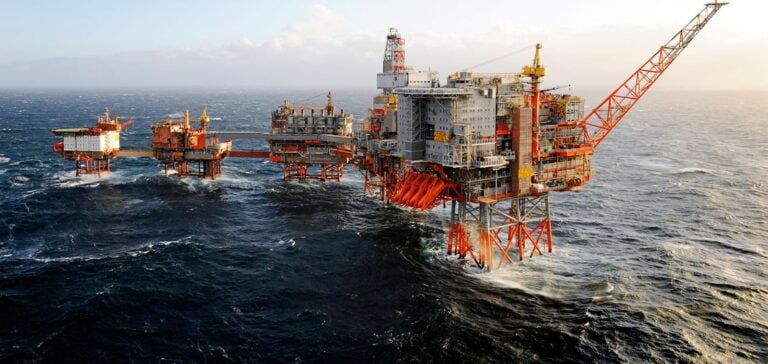Investment in oil and gas activities on the Norwegian Continental Shelf is expected to see a significant increase in 2025. According to the latest report published on December 16 by industry organization Offshore Norge, total expenditures are projected to reach NOK 275 billion, or approximately $24.6 billion. This represents a 4% increase compared to the previous year.
In a previous analysis conducted in December 2023, the organization anticipated a decline in investments for 2025. However, higher prices for goods and services, coupled with a weakening Norwegian krone, have altered the forecasts. Offshore Norge also highlights that the intensification of ongoing development projects, infill drilling, and production activities on operational fields have contributed to this upward revision.
A slowdown expected after 2025
According to current projections, after this increase in 2025, investments are expected to gradually decline. Offshore Norge estimates that expenditures will reach approximately NOK 250 billion in 2026 and slightly more than NOK 200 billion by 2029.
This projected decline is explained by the completion of projects initiated before 2025. However, new projects could adjust these projections upward toward the end of the period.
Critical intensification of exploration
Exploration activity is also expected to intensify in 2025. Offshore Norge forecasts that around 45 exploration wells will be drilled on the Norwegian Continental Shelf during the year. This increase is deemed essential to offset the natural production decline caused by the gradual depletion of fields.
“Exploration and development remain critical to slowing this trend,” said Marius Menth Andersen, chief economist at Offshore Norge. He added that this approach is essential to ensure stable energy supplies to European countries, whose reliance on Norway has increased since 2022.
Norway, a key supplier for Europe
Today, Norway has become the main supplier of natural gas to Europe, following the sharp reduction in Russian flows in 2022. Norwegian deliveries now account for approximately 25% of European demand.
Surging gas prices in Europe have also encouraged producers to maximize their exports. On December 13, Platts, a division of S&P Global Commodity Insights, assessed the benchmark Dutch TTF gas price for the following month at €41.10/MWh.
Continued investment in new projects will allow Norway to maintain its export levels over the long term and meet the growing demand of European partners seeking reliable and stable energy supplies.






















